In a philosophical study to analyze rites of passage of the Idu Mishmi community from a philosophical point of view, it is necessary to throw light on their religious aspects which include most of the human aspirations. Religion begins when humans start to think of existence. Religion reflects the culture and philosophy of communities. It pervades most human thoughts. Thus, religious value adds a kind of quality to life. John H Hicks in his Philosophy of Religion says that there cannot be a single definition of ‘religion’ that can hold good or give the correct meaning-“religion does not have a single correct meaning”. According to Radhakrishnan,” the need for religion, for a system of thought, for devotion to a cause which will give our fragile and fugitive existence significance and value does not require much elaborate argument. It is an intrinsic element of human nature”. According to him, religion is the cultivation of interior life. He holds that religion helps us to live from the depths of despair of spirit. Religion is such a discipline that helps us to struggle with evil and saves us from greed, hatred, etc. It helps us to change ourselves and therefore, is a part of our culture. With the progress of human civilization, many religions have degenerated and certain beliefs are outdated. Sometimes, it may be due to the level of acculturation. Due to assimilation to other influential cultures, most human cultures have lost their uniqueness. Keeping these problems in mind, we philosophically study the Idu Mishmi traditional religion and throw light on its uniqueness. We have found that the Idu Mishmi’s traditional religion deals with a set of beliefs and ritualistic practices based on the idea of sacredness that enlightens the inner sense of man. This research provided comprehensive accounts of the life and culture of the Idu Mishmi tribe which helps to understand their worldview.
Rites of passage have value for both the individual and the community. Ceremonies that mark the stages of life provide clear definitions of society’s expectations of the individual, and they give him or her a sense of identity and belonging. Rites of passage and rituals are usually important for social or religious/spiritual reasons and these are examples of culture that influence the way people (humans) act and behave. They are also very important because they help to keep society stable. Rituals are orally transmitted from generation to generation and play a significant role in tribal culture. Generally, most of the rituals are associated with religion, life cycle ceremonies, and agriculture. So, through this Book, an effort has been made to find out the peace value in the Idu Mishmi society. The present book is an attempt to examine the traditional religion of the Idu Mishmis of Arunachal Pradesh and examine some of the definitions of religion posited by various scholars or by authors from different disciplines. In this regard, the chapter postulates the rites of passage in the belief system of the studied community are based on empirical studies alongside philosophical articulation. This articulation is necessary to grasp the concept of rites of passage in the traditional religion of the Idu Mishmis. Keeping all these objectives in mind the book is divided into six chapters:
Chapter I: Introduction, Chapter II: Traditional Birth Rituals Idu Mishmi Chapter III: Traditional Marriage Rituals of Idu Mishmi, Chapter IV: Traditional Funeral Rituals of Idu Mishmi, Chapter V: Change and Continuity in Modern Context and Chapter VI: Conclusion
The Idu Mishmi tribe does not possess any written text in Idu Mishmi traditional religion. With the limited resources and closely examining rituals and rites of the Idu Mishmi tribes, this research brings out the philosophical significance of some of the issues. The focus of this research is on matters such as understanding rites of passage in the traditional religion of the Idu Mishmi. However, providing rational justification for the understanding of divinity in the Idu Mishmi religion has proved to be a challenging task. The belief in invisible spiritual beings makes the Idu Mishmis inclined towards a faith in supernatural powers. In the religious concept of the Idu Mishmi, these powers occupy the place of different deities whom they invoke for the welfare of the whole community.
Besides, efforts have been made to focus on the rites of passage of the Idu Mishmi so that the young generation could feel the pulse of the indigenous people who want to preserve and protect the culture and faith to keep their own identity forever.
For further improvement of the book, suggestions and constructive criticism if any are solicited.

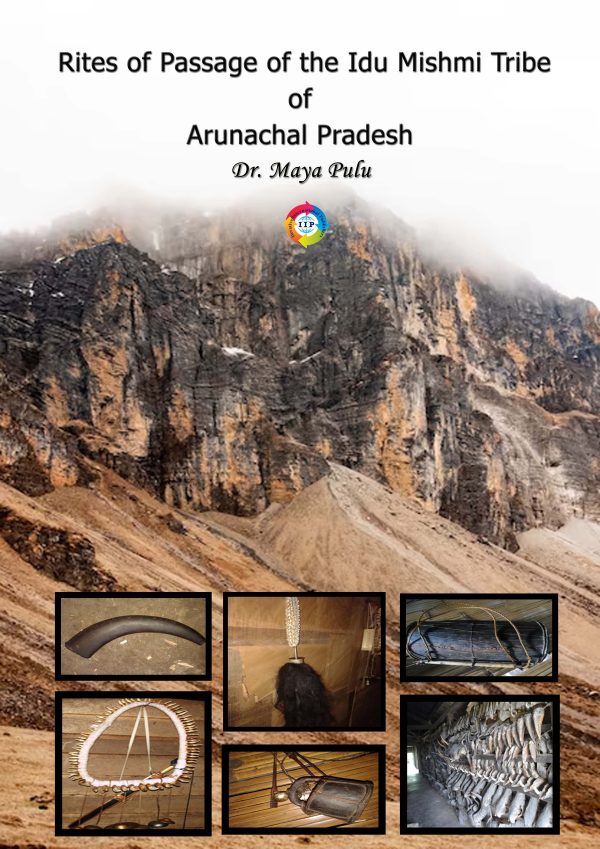
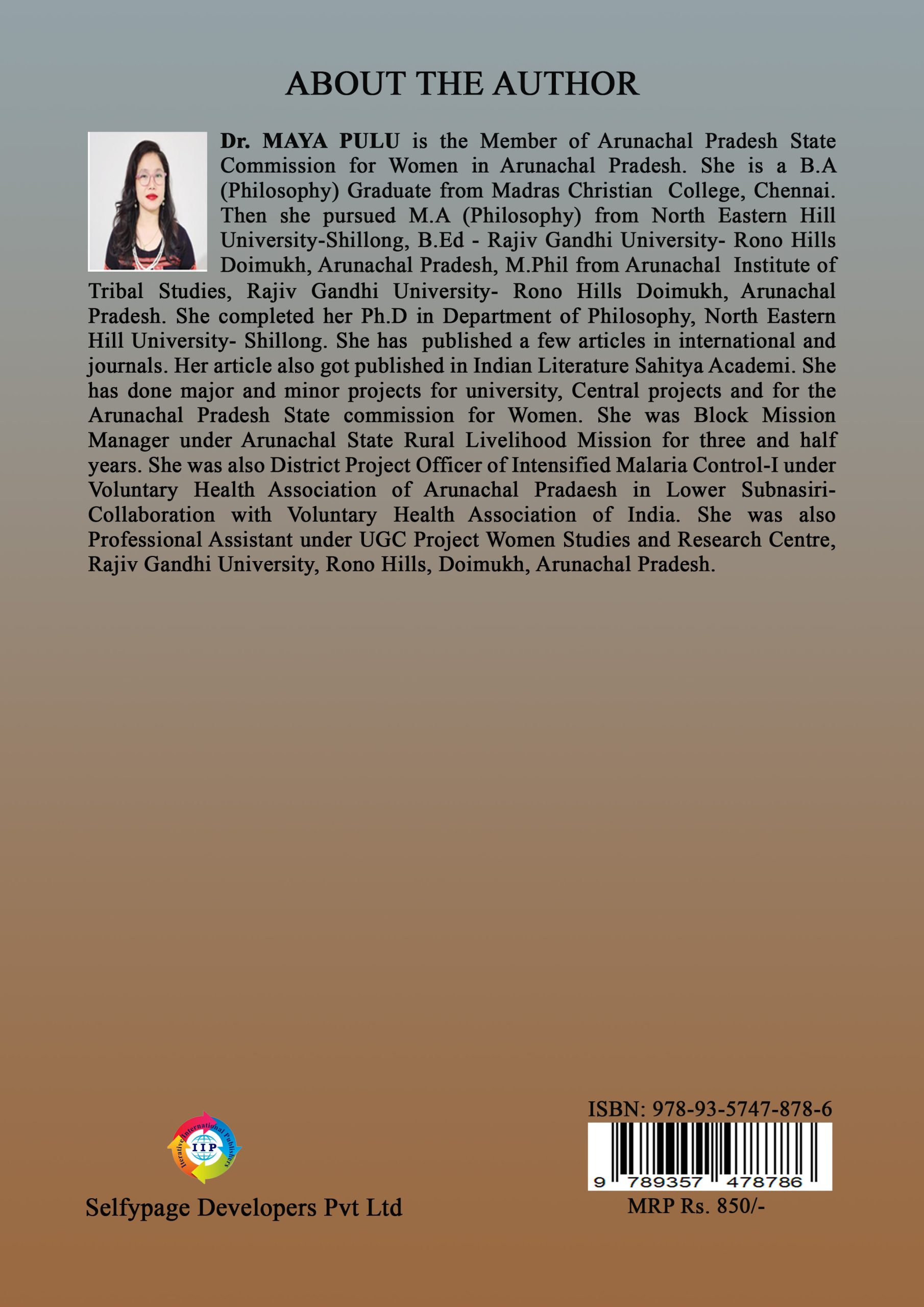
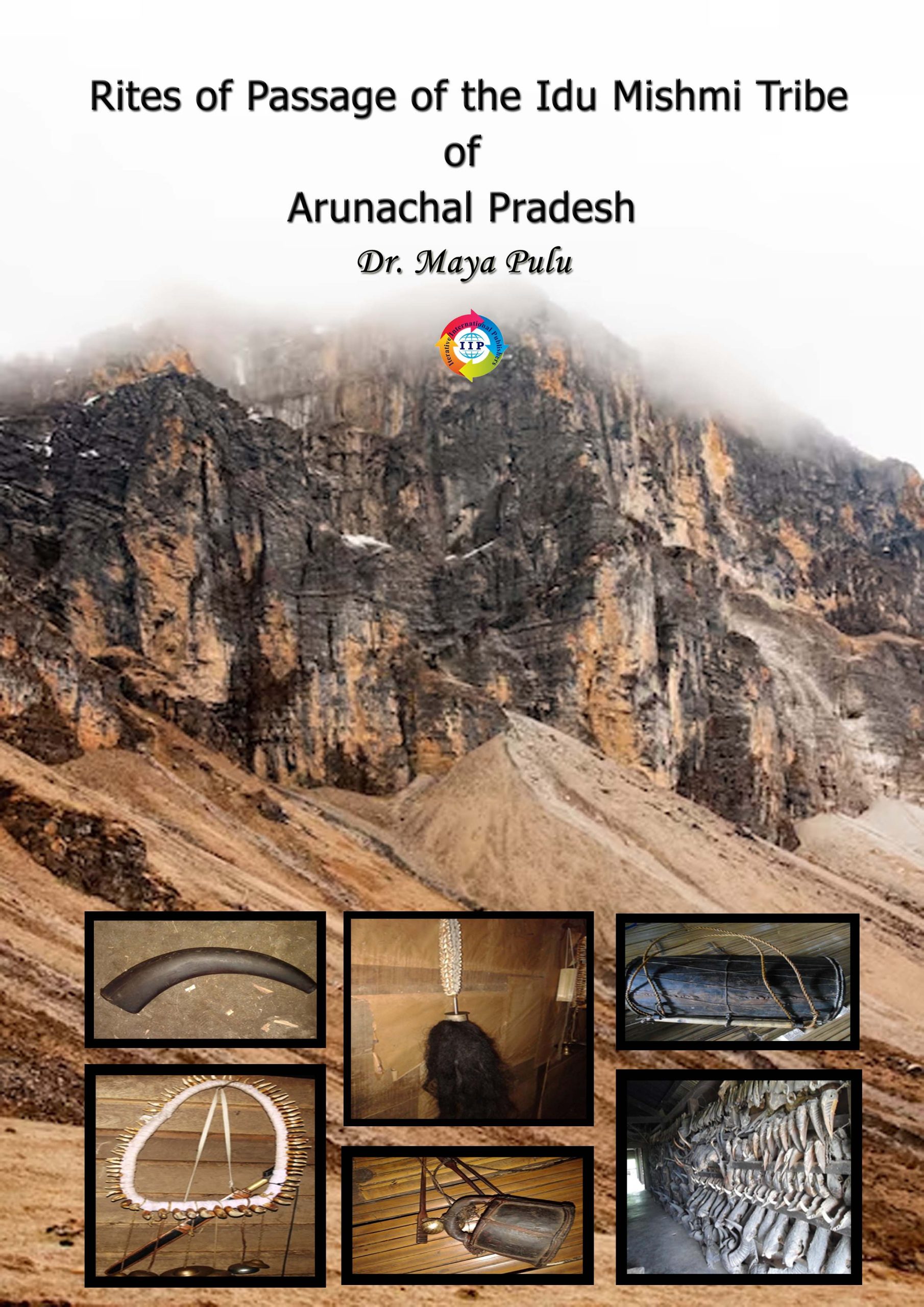

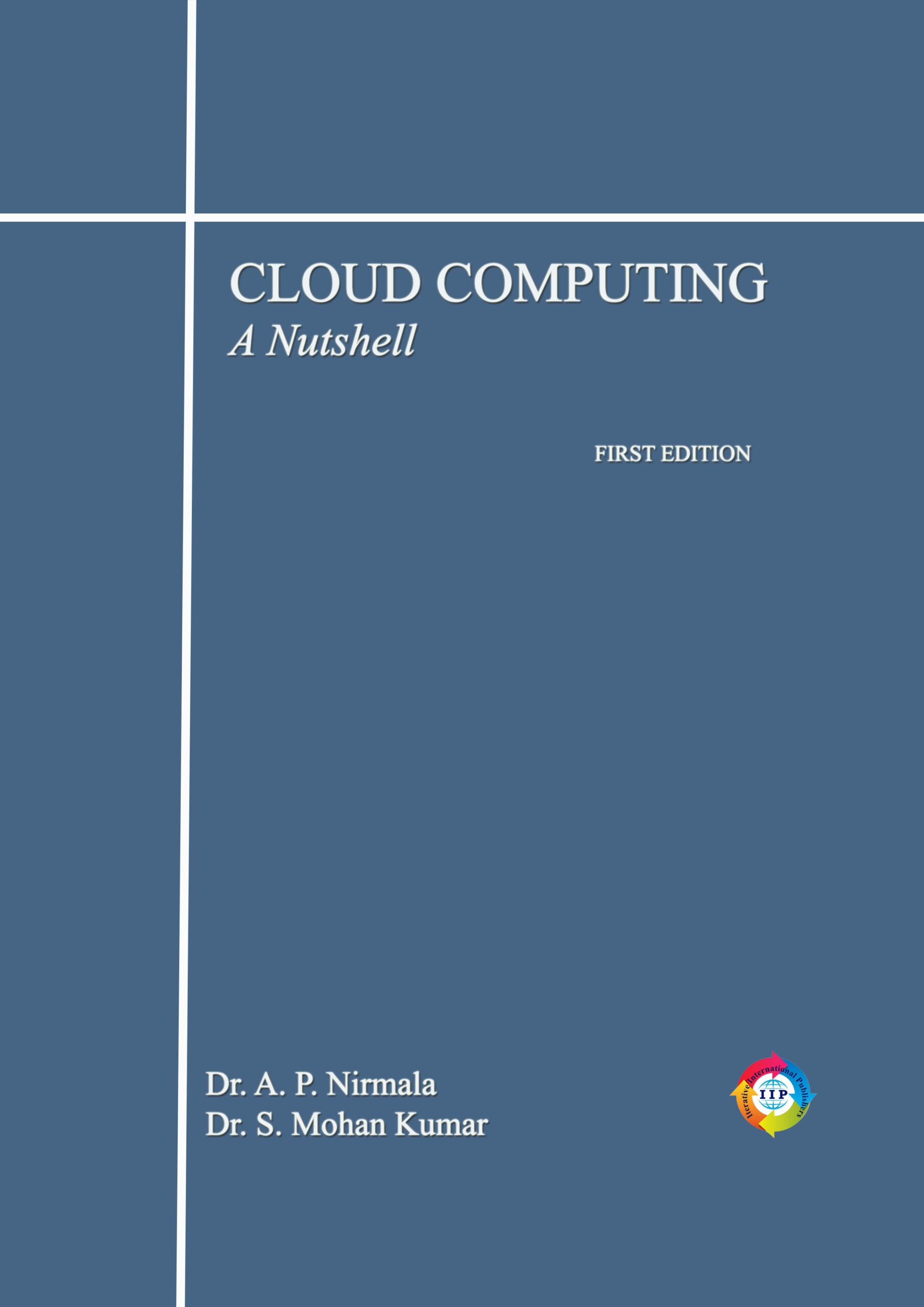


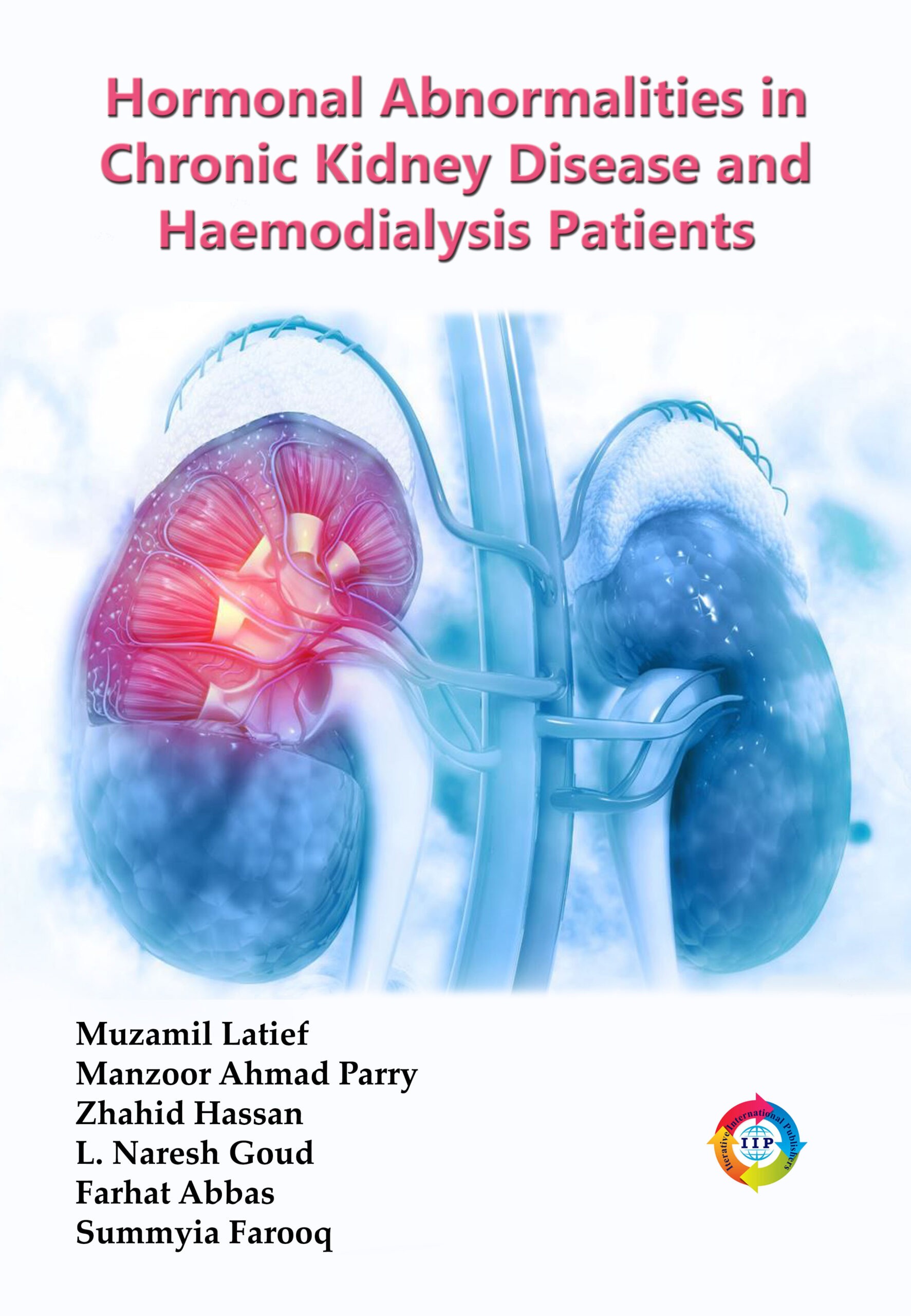
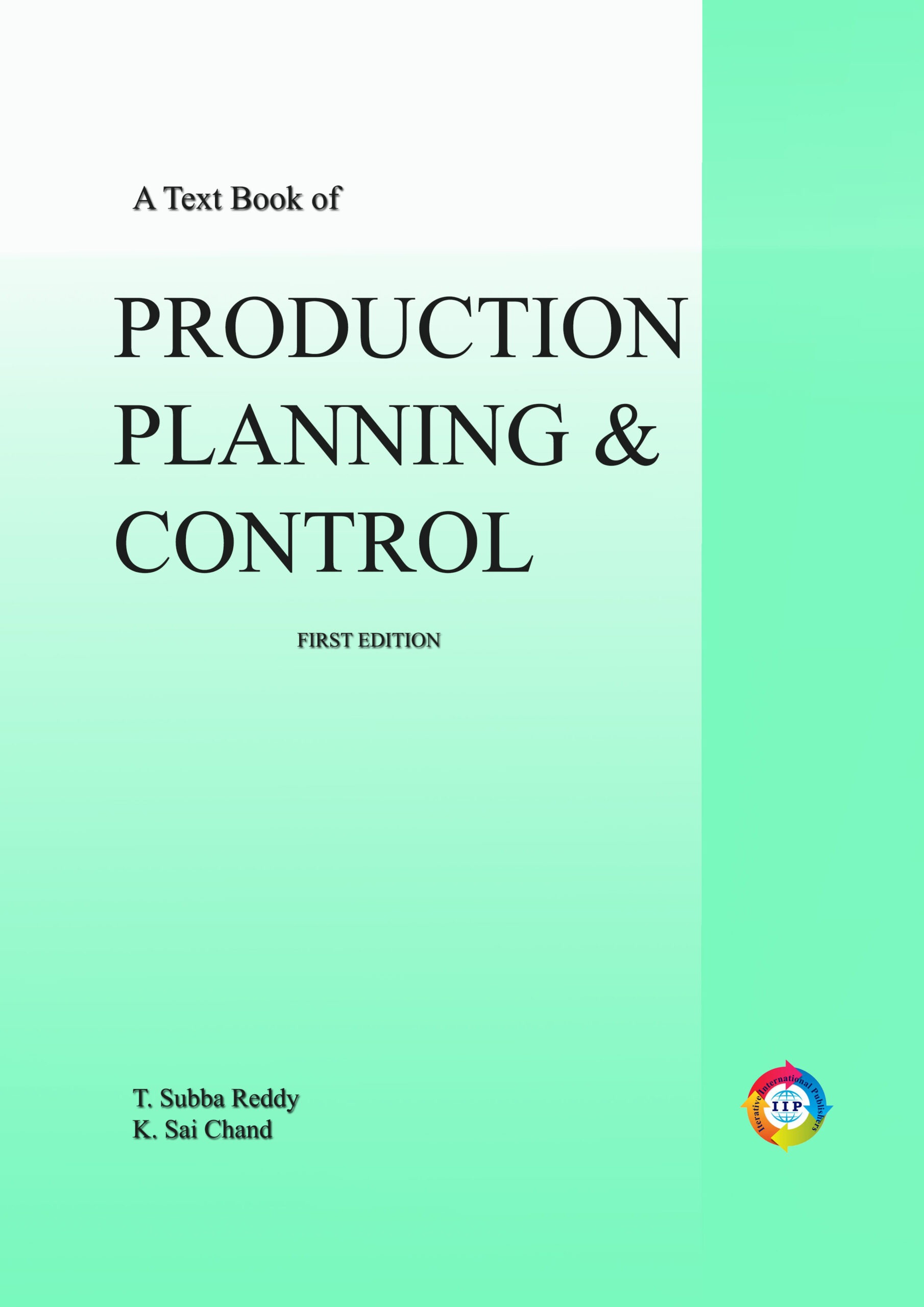
Reviews
There are no reviews yet.